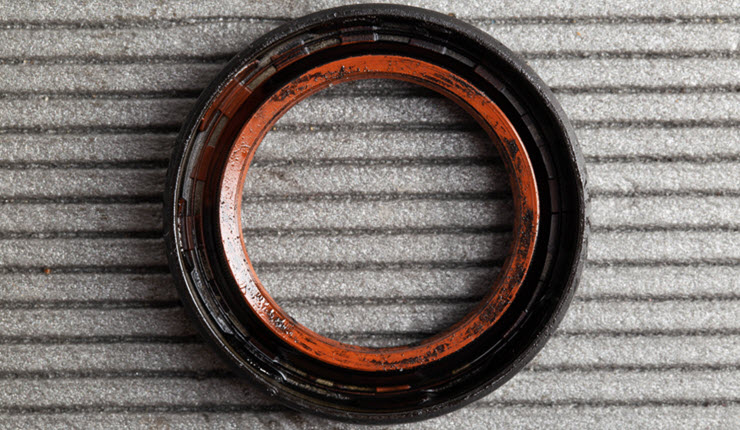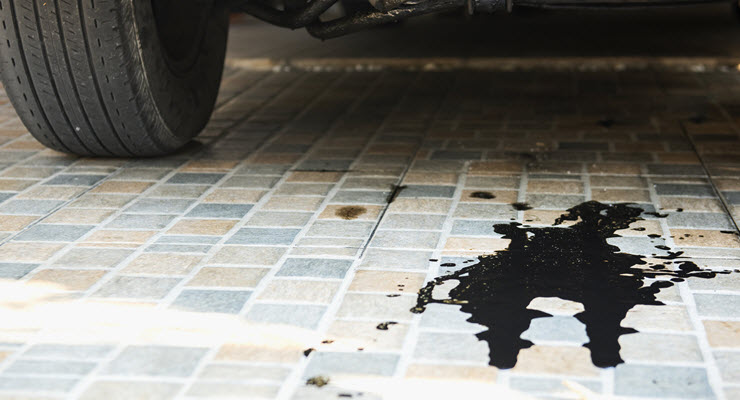The camshaft seal is a small but important component in the internal combustion engine of your Volkswagen. It is responsible for sealing the gap between the camshaft and the engine block, preventing oil from leaking out and contaminants from entering the engine. Over time, however, the camshaft seal can become worn or damaged, leading to a number of issues. In this article, we will discuss when you should consider replacing the camshaft seal in your Volkswagen, as well as the potential consequences of waiting too long to address this problem.
Signs of a Faulty Camshaft Seal
One of the most obvious signs that you need to replace the camshaft seal is if you notice oil leaking from your engine. If you see oil on the ground under your car or on the underside of the engine, it could be a sign that the camshaft seal is faulty. The oil leak could be small at first, but it could quickly become more significant if left unaddressed.
Another potential symptom of a faulty camshaft seal is low oil pressure. If the seal is leaking, it can lead to a loss of oil pressure in the engine. This can cause the engine to run poorly and potentially cause damage over time.
You may also notice a decrease in fuel efficiency if the camshaft seal is faulty. If oil is leaking from the engine, it can cause the engine to run poorly and use more fuel to compensate.
There are a few other signs that may indicate a problem with the camshaft seal in your Volkswagen. For example, you may hear a ticking noise coming from the engine, which could be caused by a lack of oil pressure. You may also notice a burning smell coming from the engine, which could be caused by oil leaking onto hot engine components.
Addressing Camshaft Seal Issues
It’s important to address any issues with the camshaft seal as soon as possible, as ignoring them could lead to more serious problems down the road. If the camshaft seal fails, it could cause the camshaft to become misaligned, which could result in significant engine damage. Additionally, if the seal fails, oil could leak onto the exhaust manifold, leading to a fire hazard.
Replacing a Camshaft Seal
So, when should you replace the camshaft seal in your Volkswagen? It’s generally recommended to replace the seal every 50,000 to 100,000 miles, depending on the specific model and driving conditions. If you’re unsure when to replace the seal, you can consult your owner’s manual or speak with a mechanic for guidance.
If you’re experiencing any of the symptoms discussed above, it’s a good idea to have your Volkswagen inspected as soon as possible. The camshaft seal is responsible for sealing and protecting the inner workings of your crankshaft from dirt and debris. A mechanic will be able to determine if the camshaft seal is the cause of the issue and recommend the appropriate course of action.
Replacing the camshaft seal can be a complex process, and it’s generally best to have it done by a professional mechanic. The process typically involves removing the engine’s timing belt or chain, as well as other components in order to access the seal. If you’re not comfortable with this level of work, it’s best to have it done by a professional to ensure that it’s done correctly.

Come To Escondido German Auto for Help with Your Volkswagen’s Camshaft Seal!
Replacing the camshaft seal in a Volkswagen is an important maintenance task that should not be overlooked. Escondido German Auto provides professional, factory-recommended service for Audi, BMW, Mercedes-Benz, MINI, Porsche, Sprinter, and Volkswagen models. Our experienced mechanics inspect and then replace any worn or damaged seals as needed.
If you hear loud noises coming from your engine or notice oil pooling underneath your vehicle, it may be time to get the camshaft seal replaced. For Escondido, Rancho Bernardo, and Valley Center, CA residents, our services provide hassle-free auto repair and maintenance services to keep your Volkswagen running seamlessly for years to come. Allow our team of certified professionals to guide you through this process and give you peace of mind that your Volkswagen is running safely and correctly on the road.

